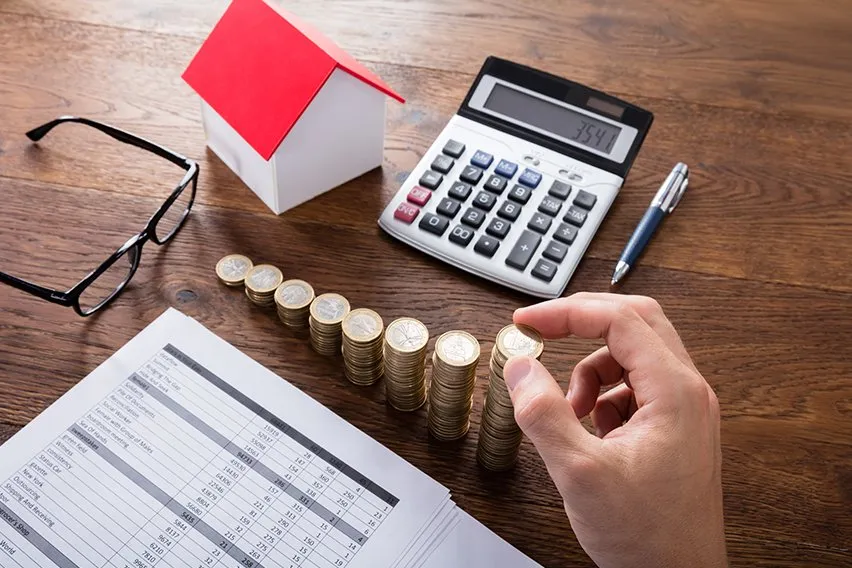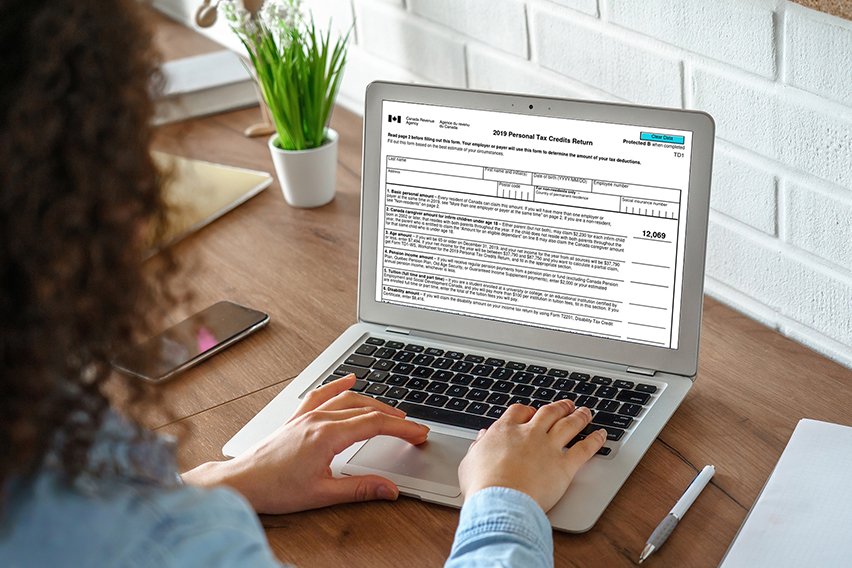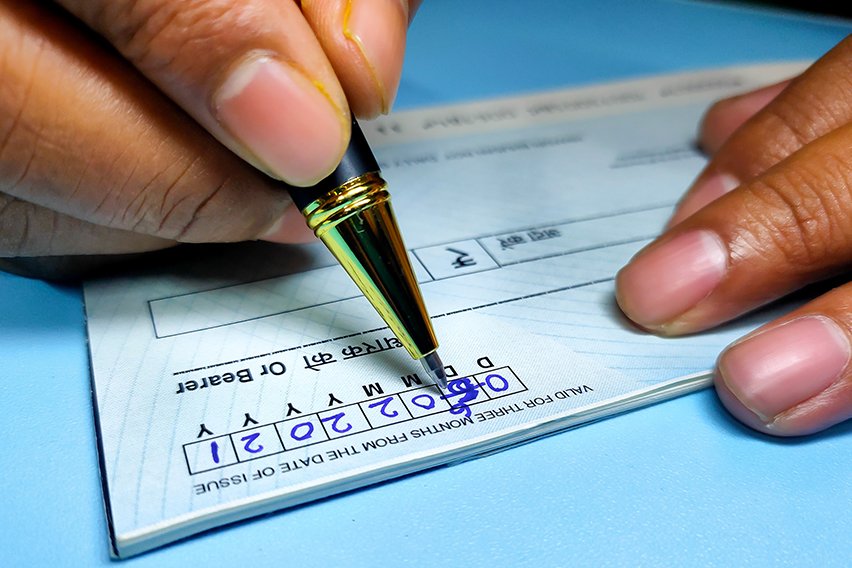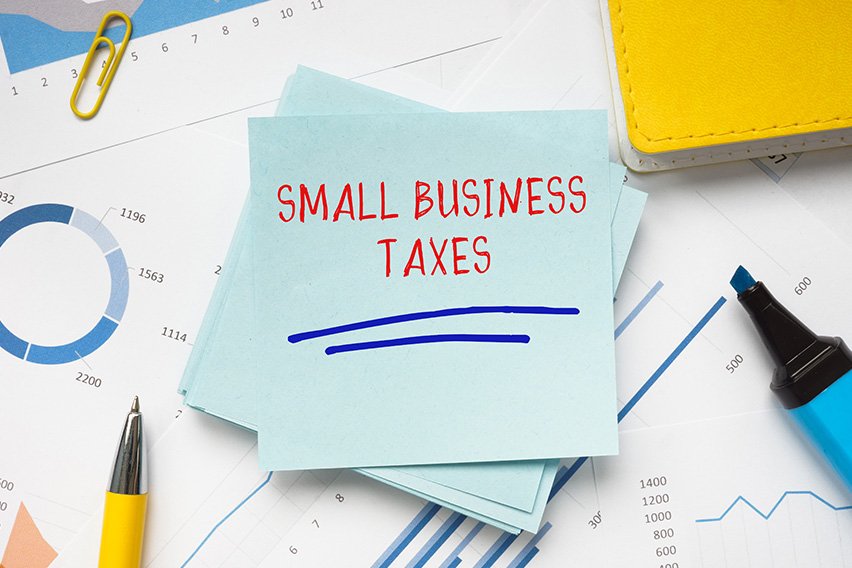What is Business Use of Home Expenses?

Working from home is still a company expense. The equipment you use. The electricity, The internet. It all counts as deductible expenses for small-business owners.
If you’re a Canadian home-based business owner, this article is for you. We’re going to break down the potential tax-deductible expenses you can claim on your tax return. We’ll also talk about how you can make the claim and the expense categories set by the Canadian Revenue Agency (CRA).
Here’s What We’ll Cover:
Who Can Claim Home Office Tax Deductions
What Are the Qualifying Business Use of Home Expenses
How to Claim the Home-Based Business Tax Deduction
How to Adjust Home Expenses for Mixed-Use
Who Can Claim Home Office Tax Deductions
The CRA has very specific parameters to qualify for home office tax deductions. There are two fundamental criteria you must meet to be eligible for deductions. They are:
- The space must be your primary space of business. That’s to say that at least 50% of your working hours are spent in this home office. If you have a physical office for your business, but take one day a week to work from home, you don’t qualify. The home office needs to be the principal workplace for you.
- The space you’re claiming on must exclusively be used for business activities. So if you have a small room that is completely dedicated to your home-office, that’s ideal. You can claim that space without any issues. If you work from your kitchen dining table, but it’s a dining table most of the time, it doesn’t qualify. Your home office must be a dedicated space in your home with the sole purpose of creating business revenue.
Fortunately, these are the main criteria to qualify. The industry you work in has no relevance. You could be a chiropractor or a freelance digital artist. You still qualify for home office deductions. So what can you mark as an expense?

What Are the Qualifying Business Use of Home Expenses
The business of home expenses are listed below:
- Heat
- Electricity
- Insurance
- Maintenance inc cleaning services
- Mortgage interest and mortgage payments
- Real estate taxes
- Other
You have to ensure that the expenses are direct expenses to qualify for business deduction. You also need to adjust for personal purposes which we will discuss shortly.
How to Claim the Home-Based Business Tax Deduction
You can only claim for these expenses on your T2125 Form once. This is your Statement of Business and Professional Activities. The form is broken up into many sections including the home business use section 7. The sections are:
Part 1 – Identification. Your personal details
Part 2 – Internet business activities
Part 3 – Business income
Part 4 – Net income. This is where you calculate all of your expenses except for the home office use expenses.
Part 5 – Net income loss
Part 6 – Other amounts deductible from net income loss in partnerships
Part 7 – Calculating business-use-of-home expenses
Part 8 – Details of other partners
Part 9 – Details of equity
The remaining parts of the form relate to vehicle expenses, capital assets and capital cost allowance.
You can download the form from the CRA website. This is the form for sole proprietorship claims.
To claim home expenses for business use, you simply fill in Part 7 of the form and file it to the CRA. You must keep record of each expense you intend to deduct with invoices and receipts.
It’s important to note that you can’t deduct home expenses against a business loss. That means you can only claim up the amount of income generated by your business that year. If your home office deductions exceed that, it’s best to roll over the expenses to the following year.
However, you’ll notice that expensing your entire heat bill for business use would probably be disingenuous. After all, your entire heat bill is not just focused on your office space. Many of your bills cover personal purposes too. Therefore how do you know how much to put on your tax return?

How to Adjust Home Expenses for Mixed-Use
The CRA has no fixed rules on the percentage of your utility bills you can deduct for business use. We guess this is because you can’t truly quantify the amount of a certain utility that would be relevant for all home-based business owners. Say you’re an at-home salon professional. You probably have a much higher electricity bill due to heating equipment, than an at-home consulting business. Similarly, the gas bill of the salon professional is probably higher too to keep the salon space warm for clients. It wouldn’t be fair to place the same parameters for all professionals. Office expenses fluctuate hugely depending on how your home is used for business purposes.
That said, you can’t be exploitative or the CRA will raise eyebrows.
The most common method of assigning a percentage of your bills to home use is by square footage. If you calculate the square footage of your home office space, you can deduct it from the total area of your home.
For example, if your home office is reasonable 5% of your home. You can then use 5% of your total utility bills to deduct on your tax return.
An example would be total bills = $1000. Total deductible bills = $50
This is a reasonable method to start with but it isn’t a perfect system by any means. Another level you can contextualize your business use is to calculate the number of hours you use the office. This is particularly important if you have a shared living space.
Say the home office is 5% of your home, but you use the space for 8 hours a day. Your total rent every month is $2000. 8 hours a day is 33% of a 24 hour day. So the calculations are as follows.
5% of $2000 = $100
$100 x .33 = $33
You can therefore deduct $33 from your rent bills.
You have to adjust the values to make sense with the business that you own and run. If you have a phone line that you use exclusively for business, you can deduct 100% of that on your return. Likewise, if your internet bill is mostly devoted to business purposes, you can deduct a higher percentage. As discussed, there are no fixed parameters for this. You need to make adjustments and discerning judgments for the business you operate. Calculating specific actual expenses is hard to do on the itemized deduction form given there are no special rules. If in doubt, contact the CRA for guidance on allowable expenses.
Key Takeaways
You can qualify for deductions attributable to your home office use using the guidelines above. The hardest part is working out the office portion of your utility usage. Once you do, you can benefit from income tax deduction from your home expenses.
For more tax guides for Canadian business owners, head to our resource hub!
RELATED ARTICLES

 TD1 Form: Learn Everything You Need To Know
TD1 Form: Learn Everything You Need To Know What Is a Stale-Dated Cheque?
What Is a Stale-Dated Cheque? What Is a GST/HST Return?
What Is a GST/HST Return? What is SG&A (Selling, General & Administrative Expense)?
What is SG&A (Selling, General & Administrative Expense)? 5 Expense Tracker Apps for 2025
5 Expense Tracker Apps for 2025 Tax Deductions for Small Business Canada
Tax Deductions for Small Business Canada